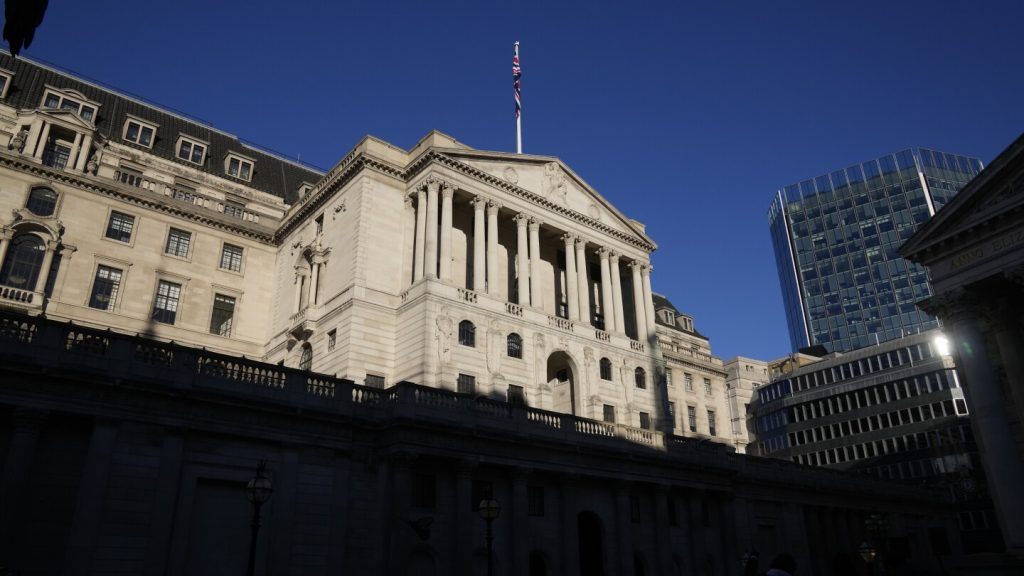The Bank of England is expected to maintain interest rates at a 16-year high of 5.25% as inflation in the U.K. falls from multi-decade highs. While a rate cut wouldn’t be a huge surprise, the consensus in financial markets is that the majority of the bank’s Monetary Policy Committee will hold off from voting for a cut and wait for more evidence that inflation is receding. Headline inflation in the U.K. is currently at an annual rate of 3.2%, its lowest level in two and a half years, but still higher than the bank’s 2% target. Economists believe inflation fell further in April, possibly dropping below 2%, due to sharply lower domestic energy bills, which could prompt some rate-setters to vote for a cut.
Despite the potential for a rate cut, policymakers are still concerned about stubbornly high levels of pay growth and higher prices in the crucial services sector. Economists believe that they will wait until the summer before supporting a rate cut. Chief economist at Investec, Philip Shaw, stated that the trend within the committee is clear and predicts that a second member will switch to the “easing camp” and vote for a cut. However, he believes it is unlikely for them to take that action just yet. The Bank of England, along with the U.S. Federal Reserve and other central banks worldwide, raised interest rates aggressively in late 2021 to counteract price rises caused by supply chain issues during the pandemic and Russia’s invasion of Ukraine.
The higher interest rates have helped ease inflation but have also had a negative impact on the British economy, which is barely growing. With the U.K.’s governing Conservative Party facing a potential defeat in the upcoming elections to the main opposition Labour Party, there is hope that interest rates will start coming down soon. This would relieve the pressure on financially-stretched households and help to fuel an economic feelgood factor. The Bank of England’s decision on interest rates will have significant implications for the future economic growth and stability of the U.K., as well as the political landscape leading up to the elections. It remains to be seen how the committee will respond to the evolving inflation and economic situation in the coming months.
Overall, the Bank of England’s decision on interest rates is a crucial one that will impact the economy, inflation, and political dynamics in the U.K. The potential for a rate cut is being closely monitored by economists and financial markets, with expectations that the bank will continue to wait for more evidence of receding inflation before making any changes. The balancing act between easing inflationary pressures and supporting economic growth will be a key challenge for policymakers in the coming months. The future trajectory of interest rates will play a significant role in shaping the economic outlook and political landscape in the U.K. as the country navigates various challenges and uncertainties.


